Special guest: Giuseppe G Buonanno, (Azienda Brancati, Sicily)
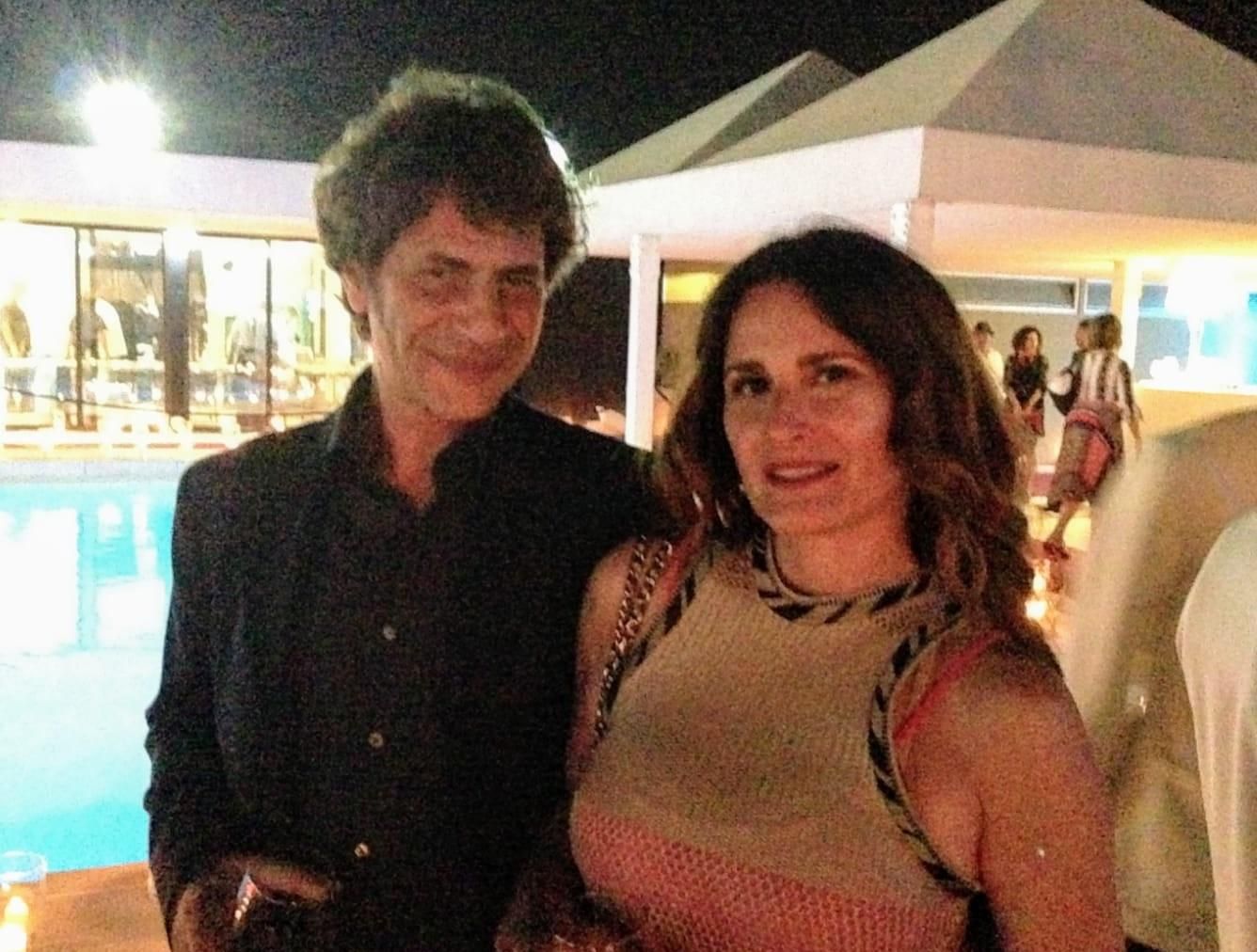
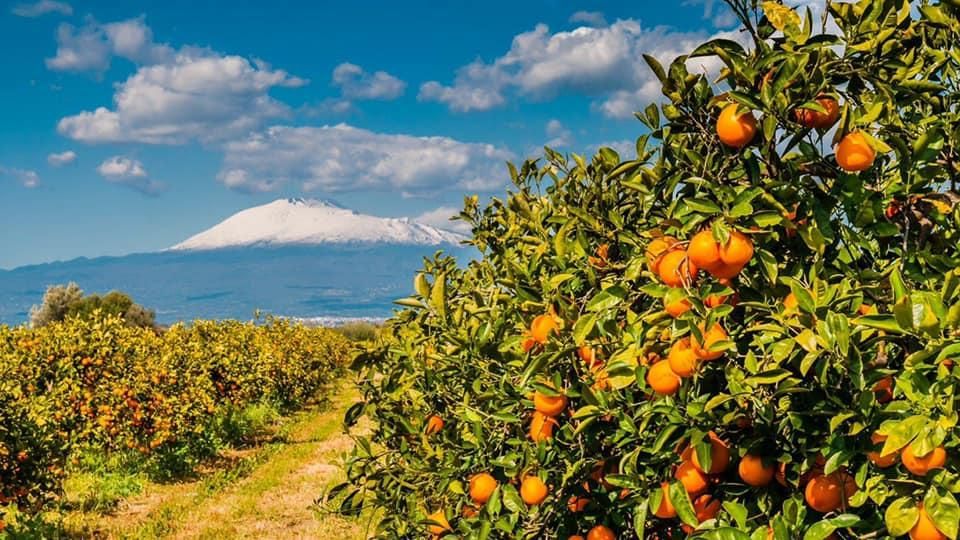
As you know, Sicily has been a land were all big cultures came around: Greek brought olives and the olive oil culture, while Romans grape and wine and after Arabic brought citrus and Spanish conquistadores chocolate. So now a days, all this products are still available here, even popular ‘Modican Choccolate’ is following and old recipe by the Spanish Conquistadores (that imported from the Aztech). Probably citrus, expecially lemons, we know were used by Romans as a remedy to ‘sgorbuto’ (gouged) a widespread disease on the Roman vessels, who usually did great load of fresh lemons and lemons plants before crossing the Mediterranean.
I’m not an expert on wine and his history, but I believe that sicilian wine become so polular lately once people start to appreciate different locally grown cultivars, Before, industry wine rules, where just about Chardonay and other France wine cultivars. Lately wine connoisseours start to look for different locally grown varieties, to find and appreciate different taste and aroma. Before, sicilian wine, like all other locally wine in the word, were just made for local use, to please locals with a less expensive nectar. (in my farm there is an old ‘palmento’ -millstone- to process grape and obtain wine, dating 1800, and at my grandad time -1940- farm was growing, also, grapes for wine)
Lets say that citrus was a big industry in the past compare to wine industry.
In the 17th century, most of sicilian citrus were Lemons and bitter oranges, made to extract essenzial oil from the peel. The growing area were just the coast sicilian area (Palermo, Messina, Catania e Siracusa)
But once cheap essencial citrus oil was made by chemichal laboratory (19th century) all sicilian bitter oranges orchards were converted to sweet oranges and mandarine (brought by English). Moreover, once water system was invented to bring water inland, Sicilian lemon industry become very important and almost lemons were exported to Russia and USA. Lately even sweet orange industry become popular with great exportation numbers.
The peculiar things about sicilian sweet oranges is about was happened by the ’50: a new local variety express the best in the Catania valley. Just below mont Etna (volcano), this valley, received regularly all Etna ashes that coupled with local microclima (influenced by Etna) give the birth to Sanguinello Oranges, a red blood oranges, full of anthocyanins (responsible for the fight against free radicals in the human body).
Now a days, more blood varieties has been made by local University, and variety like Tarocco, or Moro varieties are envy by other citrus maker in the word (first of all Spain). So despite Spanish citrus farms start to grown Sanguinello and Tarocco, they never obtain a so deep red colour oranges, neither obtain all the amount of healthy values, because, as explain before, blood sicilian oranges are a combination on volcanic ash, climate and and hight temperature range (from day to night). An Austrialian University, lately, came to study Catania valley environment, and eventually they found a place in Australia, with similar environment characteristic, a nearby volcano, and now they growing Blood orange too.
So, not just sicilian oranges are different than one made in Liguria, but even in Sicily oranges are different, according to the area. So Catania valley is well known as for Blood Oranges, while Messina and Siracusa coast are well known for lemons, and the south coast of Sicily (Ribera city) is well known for theyr blond sweet oranges. Citrus fruits in Italy are almost growing in the South, while in the north of Italy citrus are used more as decoration or private use, than as commercial product.
Giuseppe G Buonanno, Export Manager and Marketing Director presso Azienda Agricola Brancati
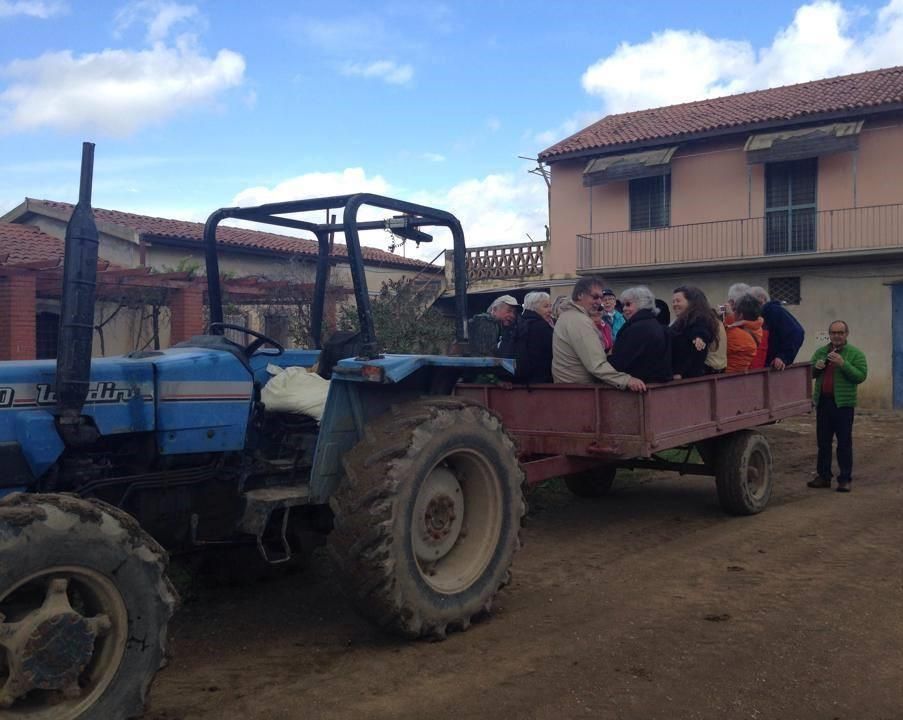
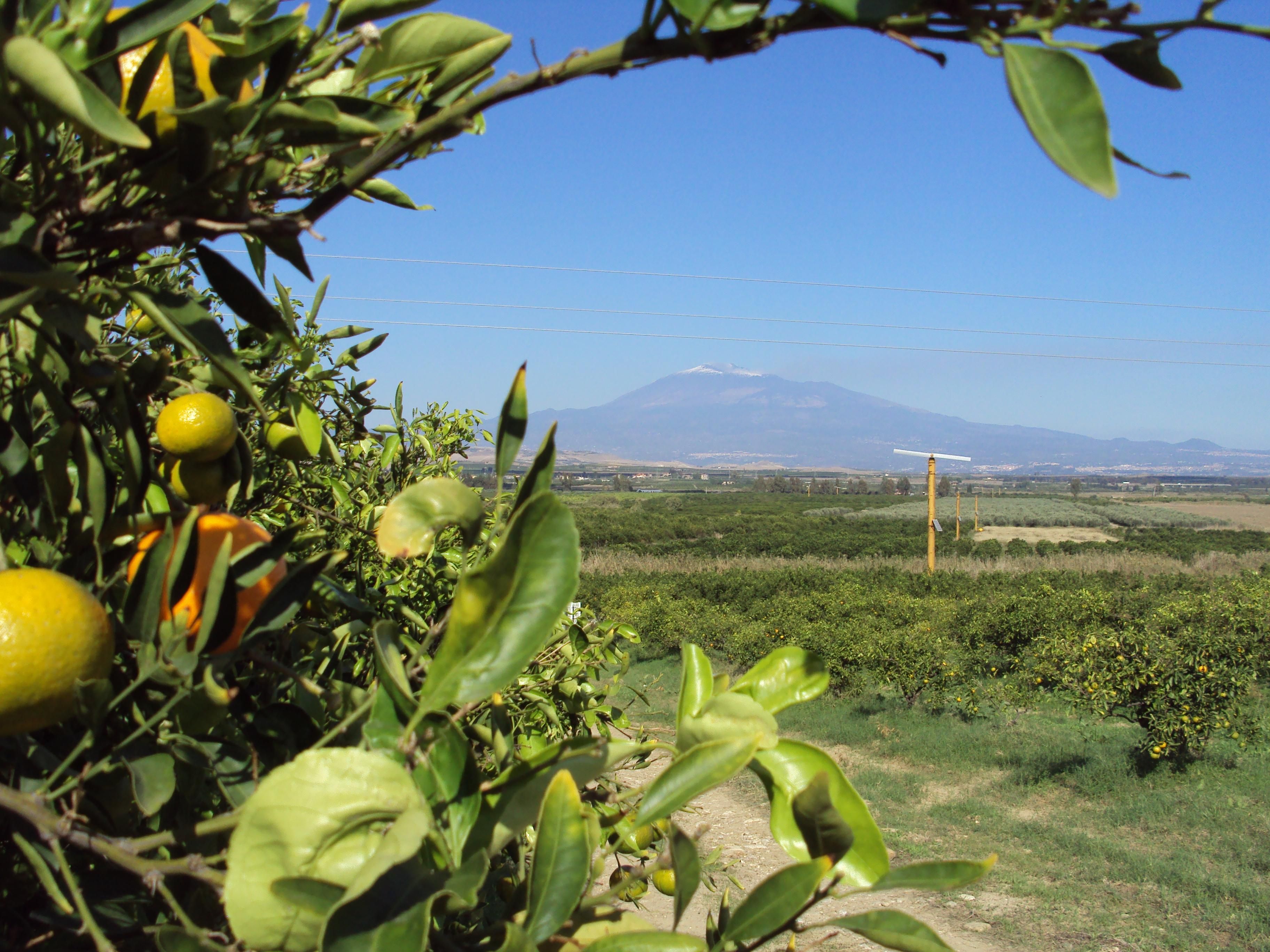
Interview on Yellow Road with the Giuseppe G Buonanno
1. Please tell us a little about yourself
Born in Catania in 1964, graduated as Architect in Palermo where I worked for three years in architect offices. I moved to England to attend a Master in environment and energy in buildings, at UeL (University east of London) and CAT (Centre for Alternative Technology), meantime worked as an architect in an office for seven years. By the age of 40, I desired to come back to Sicily and founded, together with my future wife Melita -a civil engineer- an architectural and engineer practise in Catania. With the construction industry crisis by 2013, the job was lacking, so, on a part-time basis, we decided to take care of the family citrus and olives farm. From part-time, the job became full-time cause today's new vicissitudes did not support the old way to doing agriculture, so we started to market directly our agricultural products, from producer to consumers, skipping the entire supply chain, both in Italy and abroad. Today a 75% of our products are distributed directly to Swiss households. This is also thanks to the experience gained abroad, in fact, all order mails and correspondence are in English. Thanks to the success achieved in these 10 years of activity, we are now investing in the farm by renewing and diversifying the plantations.
2. What is your favorite local wine?
My favourite local wine is called ‘Frappato’. It is a light rosè wine and can be drunk cool in summer. We buy it directly from a friend organic farm before it is stabilized with sulphites: it is so-called 'fresh barrel wine' (raw wine), I just bring in my empty glass bottles, and he fills in. I call it my everyday medicine: I can drink it as much I like and never get heavily drunk or having a headache the next day. Fresh wine (raw wine), is something you could find just in South Italy as our traditions, wine is not added with sulphites, its similar to a fruit juice with some alcohol, very different if compared to normal bottled wine (nowadays some swiss vineyards start to sell raw wine). Raw wine is not suitable to be sold in supermarkets or even exported, ‘cause is unstable and could become vinegar by transportation or temperature changes. I Had some guest at the farm, mostly US citizen who really enjoyed it, especially women were surprised by the goodness and flavour.
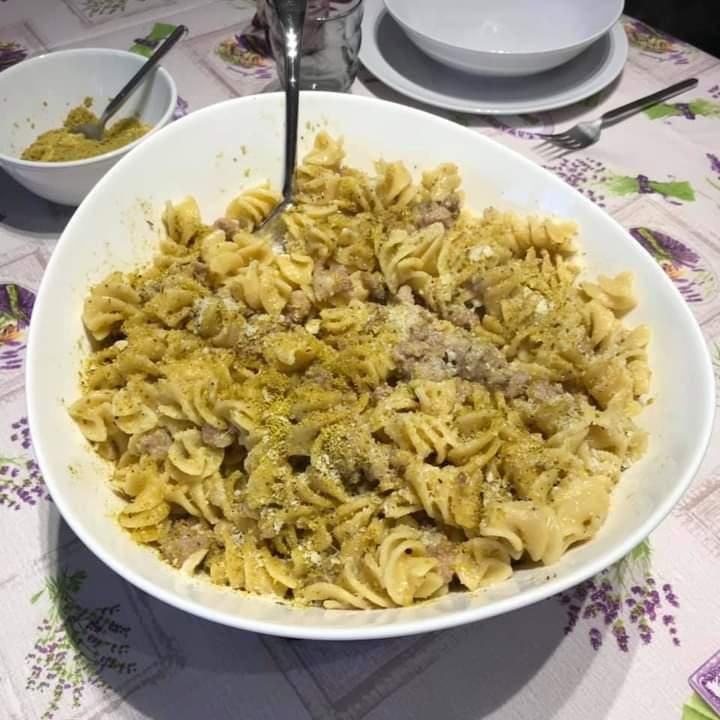
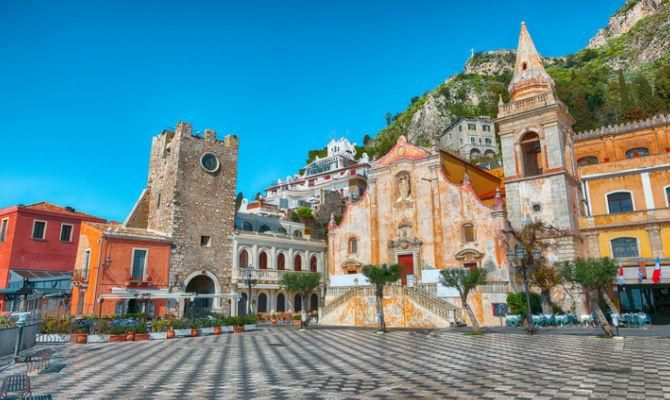
3. What is your favorite food (besides oranges and candied fruits)?
My favourite food is raw fish. In the Catania cuisine culture there was already a raw fish dish called ‘masculini crudi’ (raw sardines) today with the introduction of Japanese food and cuisine, we have discovered other recipes for eating raw fish. I also love pasta, which my wife prepares with a white sauce, made with pork sausage, pistachio, fried onions and dressed with olive oil
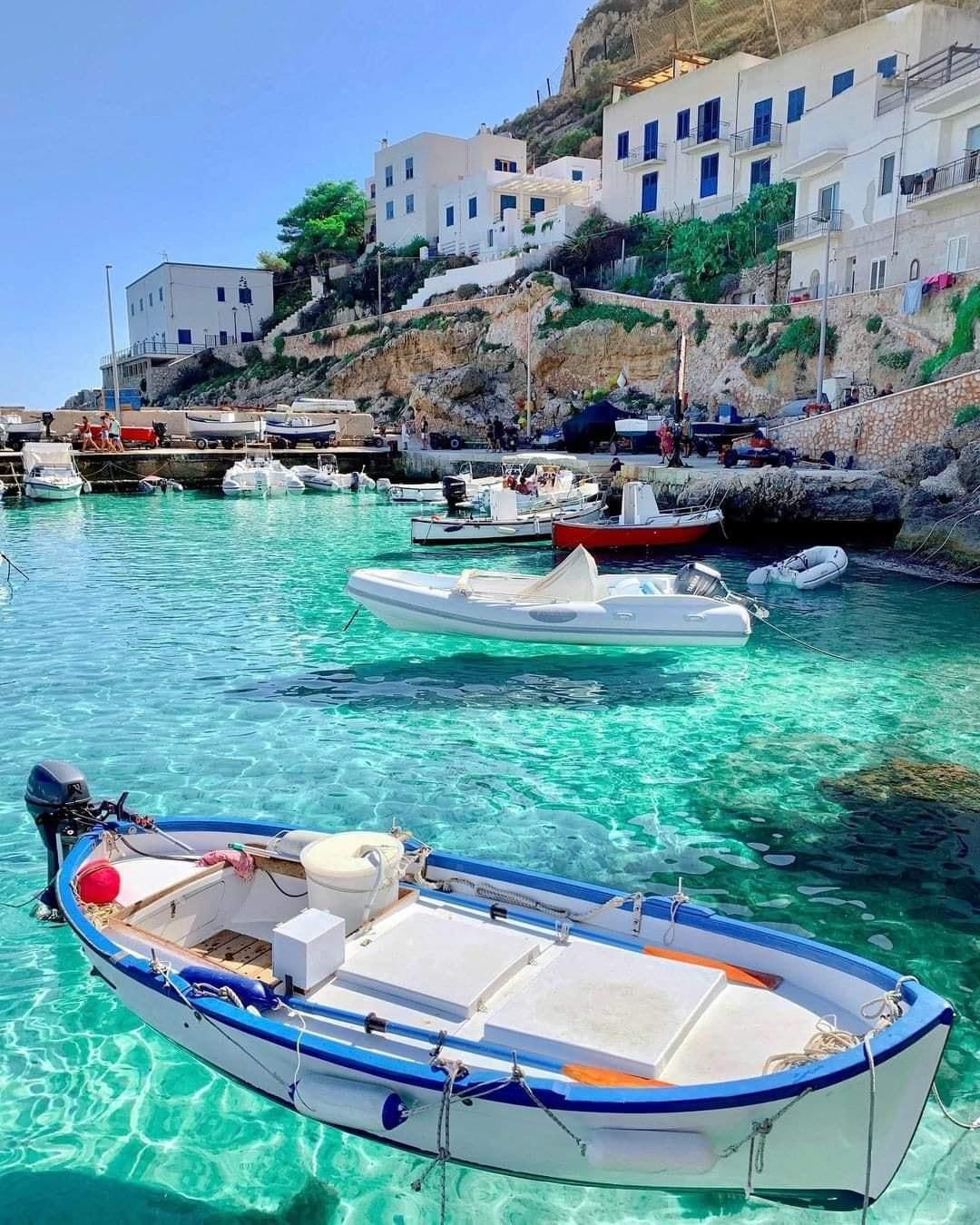
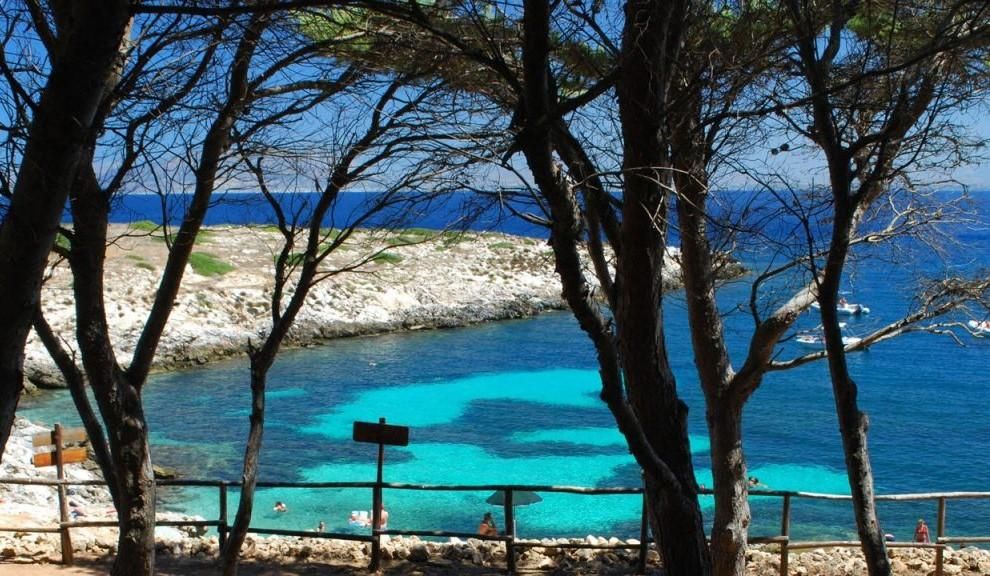
4. What is your favorite beach?
My favourite beach is called ‘Cala Minnola’ and is located on the island of Levanzo. It is part of the Egadi island group, half an hour, by ship, from Trapani (west coast). It is an enchanted place: a pine forest equipped with tables and docks, descends down to an amazing and clean sea: this is how I spend my summer holiday, on a hammock, reading a book, among the pines, by cool air accompanied by cicadas sound, while my women (my wife and two daughters) enjoy the sea all day. It is my personal paradise.
5. How do you feel about the idea (is it popular?): A house in Sicily for 1 euro? How much (realistically) can you buy a house in Sicily with a small garden?
I know that some small towns are selling houses for 1€ in Sicily, but they need to be restored, and often renovation costs more than building it from scratch…. due to hard and long labour working. Furthermore, these proposals come from semi-abandoned Sicilian towns, although full of history and medieval architecture, but similar to a ghost town, so nothing nearby, just the indispensable shops, sometimes not even that: the intention, in fact, is to bring people back to reside in these villages. The very nice and lively small towns don't sell houses for 1€…House price is an issue, according to place, service they have and proximity to the sea: price could range from 60-70 thousand € (for very remote location) to 250 thousand € for a very nice, stunning view or location, fully equipped, all main services around.
6. Let's say you live in the north of Europe and have decided to move to Italy. To Sicily. Where, in your opinion, is the most comfortable place in Sicily?
Sicily offers a wide range of places, from the busy place like Taormina to the modern small town of New Gibellina an open-air contemporary art museum, from beach place to hill and high altitude mountain place. From a very busy place to some very quiet place ….. Sicily have them all. So foreigners, who would like to move to Sicily, should have a first experience in the town (or place) chosen before buying a house, and some places are better than others according to season….for example, in summer here is very hot, so I would suggest hight altitude place, so they can get refresh by the night, moreover, some towns are ghost town in winter, while getting very busy in the summertime.
7. The migrant wants to live in a small town, with a bazaar, and it is desirable that the town be located near the sea. And for the public transport to work well. What is this city?
There are many places near the sea, with bazaars and shops, but public transportation is, sometimes, a problem in Sicily better to have a car to get around. All the fisherman small towns are very lively and well organized. The North-East Coast is well served by public transport such as bus or train (from Messina to Catania). Around Messina the coast is sandy, halfway towards Taormina the coast becomes pebbles and stones, to reach Catania with lava reefs. As well as the North Coast, (from Messina to Palermo) it is well served by train and buses. These are the two major access routes to Sicily from Italy and therefore the most served by public transport. The further south you go, the wilder and more enchanting the coasts are, but there isn't public transport or is inefficient.
8. Yes, and a very calm atmosphere (not criminal)
Just avoid big cities
9. This year I sent out this proposal to winemakers on the Yellow Road:
Today I would like to share an idea which, in my opinion, will help you attract new clients. It’s about creating a new workplace (most probably on a volunteer basis) of a VINEYARD KEEPER. Your vineyard is located in a place of amazing beauty. Why don't you try to restore small houses in the vineyards, so that lovers of nature, peace and sun could spend a month or two there. First of all, I think about people in creative professions: blogger, writer, artist, sculptor ...
The work of the VINEYARD KEEPER is to create a new product for you (on a different marketing platform): blog, book + presentation, paintings + exhibition, sculpture + installation of the sculpture in the vineyard (or using it for marketing purposes). For my part, as the author of the "Yellow Road", I am ready to offer full informational support (during the preparation and creation of the object, and during its further work).
How do you look at the proposal: "guard" the orange grove?
I think ‘Vineyard keeper’ is a great idea, mostly vineyards usually rise by hill and offer crisp air and wonderful views. Citrus fruits cultivation needs low altitude, and my farm, like the vast majority of citrus producer farms located by ‘Piana di Catania' a large valley, does not offer a brilliant view, apart from the omnipresent view of Mont Etna. Where farms are close to the sea or have a real wonderful view, they have been transformed into farmhouses -Agriturismo- with rooms to receive a guest or small detached house inserted in the agricultural context, with excellent family-run restaurants and self-produced genuine food and beautiful walks in the field.
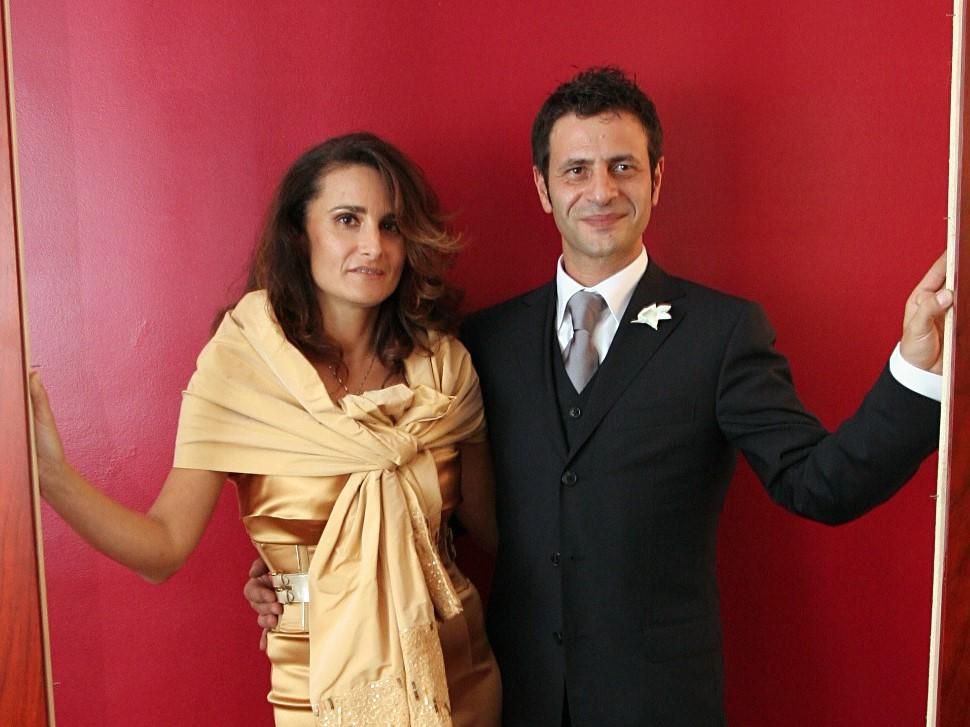
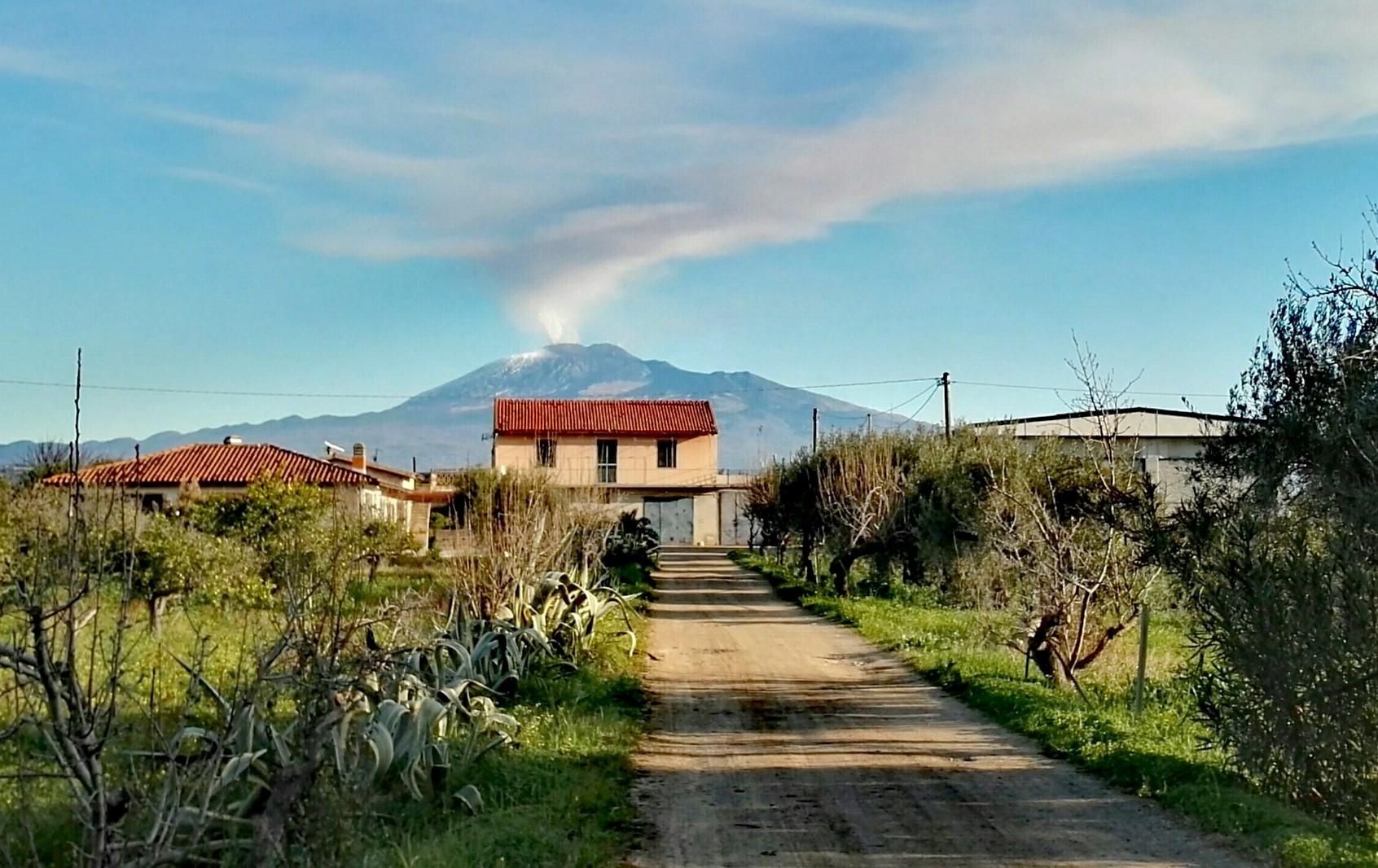
10. If it's not a secret, share your plans for the future?
One of the future plans is to expand the variety we produce with exotic fruits such as mangos and avocados. These types of fruits need a particular type of soil and climatic conditions that are well found on the hills near the sea, as in this part of Sicily where I live, the Jonian coast. These areas dedicated to exotic fruits offer wonderful views and breath-taking panoramas. Then it would be appropriate to combine the two: produce exotic fruit and offers tourists a stunning experience, near the sea, complete with all services, excellent food and fresh raw wine. Lately, I've also been thinking about involving foreign investors… And then, an ‘exotic fruit grove keeper’ could be a great idea…
Sergey Evtuhov,
author of the "Yellow Road" project
